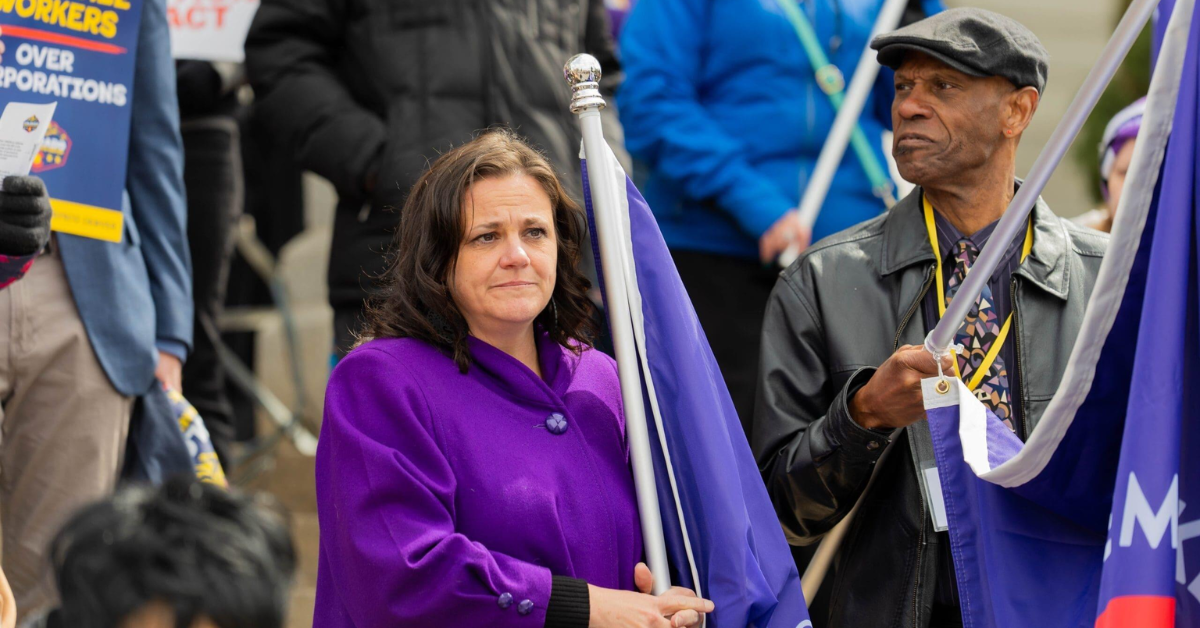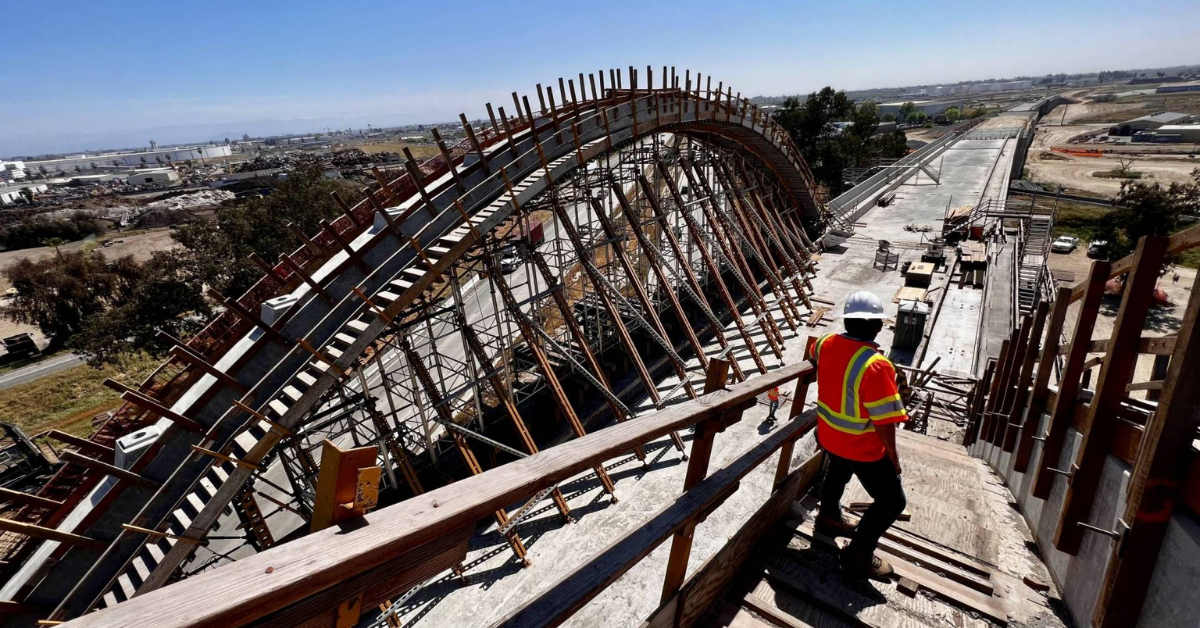Denver, CO – The State of Colorado has initiated a hiring freeze to combat a projected $1.2 billion budget deficit, a move that has left many state employees worried about increased workloads and the potential for further workforce reductions. Announced by Governor Jared Polis on August 6, the freeze coincides with a special legislative session aimed at addressing the state’s significant financial challenges.
The state’s financial gap stems primarily from tax changes linked to President Donald Trump’s One Big Beautiful Act (H.R.1), which lawmakers say has reduced Colorado’s expected revenue streams. With a projected annual shortfall extending into 2027 and 2028, the hiring freeze is expected to save the state between $3 million and $7 million, but concerns about its impact continue to mount.
State Employees’ Growing Concerns Over Staffing and Workload
Colorado WINS, a union representing over 27,000 state workers, has voiced apprehension about the freeze’s repercussions. According to union executive board member Maddie Cappa, while layoffs and furloughs are not currently planned, state employees have endured prolonged periods of understaffing and overwork.
“We are really glad that there are not layoffs or furloughs planned at this time, but we’ve been feeling the pressure of being short-staffed and overworked for years.” – Maddie Cappa, Colorado WINS executive board member
The union reports a current 20% vacancy rate at the state level, a figure expected to worsen due to the freeze. Cappa warns that increased responsibilities for existing employees may prompt more workers to leave state service.
- Current vacancy rate among state employees: 20%
- Potential rise in turnover due to increased workload
- Fear of future furloughs or layoffs looming as the next step
Key Exemptions and Government Safeguards
Governor Polis has assured that critical health and safety roles, including fire response teams, will not be impacted. Lisa Pine from the Colorado Division of Fire Prevention and Control emphasized that these departments remain fully staffed for the fire season.
“We really are fully staffed up at the state level on our response capabilities for this season, and so we don’t see a big hit to us right now.” – Lisa Pine, Colorado Division of Fire Prevention and Control
Additionally, positions funded through TABOR-exempt sources, such as Colorado Parks and Wildlife and the CDLE’s FAMLI unemployment insurance program, are exempt from the freeze.
Agencies with higher-than-average vacancy rates have been instructed that hiring freezes may not be imposed in those cases, a reprieve aimed at preventing critical understaffing in vulnerable areas.
The Road Ahead: Managing Budget Constraints and Workforce Morale
The hiring freeze is set to remain in place until the end of the year as the state attempts to navigate through its fiscal challenges. Officials have engaged with unions to develop policies that balance cost savings with maintaining essential public services.
“My office has worked closely with agency leadership and in consultation with COWINS to develop more detailed policies and procedures that will result in cost-savings while also ensuring we continue to protect public safety, care for those in our custody, and maintain other critical functions. Our hope is that these proactive measures will prevent more severe actions such as furloughs or layoffs. This isn’t a decision I wanted to make, but unfortunately H.R. 1 is forcing the state to make difficult budget decisions, and the Executive Branch is looking at what we can do to practice what we preach and do what we can to alleviate the financial burden created by the federal government.”
Summary of Key Points:
- Colorado faces a projected $1.2 billion revenue loss linked to federal tax legislation.
- Governor Polis issued a hiring freeze on August 6 to mitigate budget shortfalls.
- The hiring freeze aims to save $3 million to $7 million through the end of 2024.
- Critical public safety and TABOR-exempt position hirings continue unaffected.
- State employee union Colorado WINS expresses concern over workload and potential future layoffs.
- State agencies with high vacancy rates may continue targeted hiring to prevent service interruptions.
What Do You Think?
The hiring freeze in Colorado reflects significant budget pressures and the challenging balance between fiscal responsibility and workforce capacity. What do you think about this hiring freeze? Have you or someone you know been affected by staffing shortages in Colorado state agencies? Share your thoughts and experiences in the comments below!







